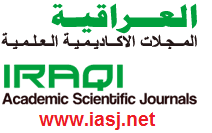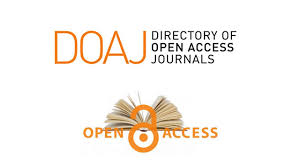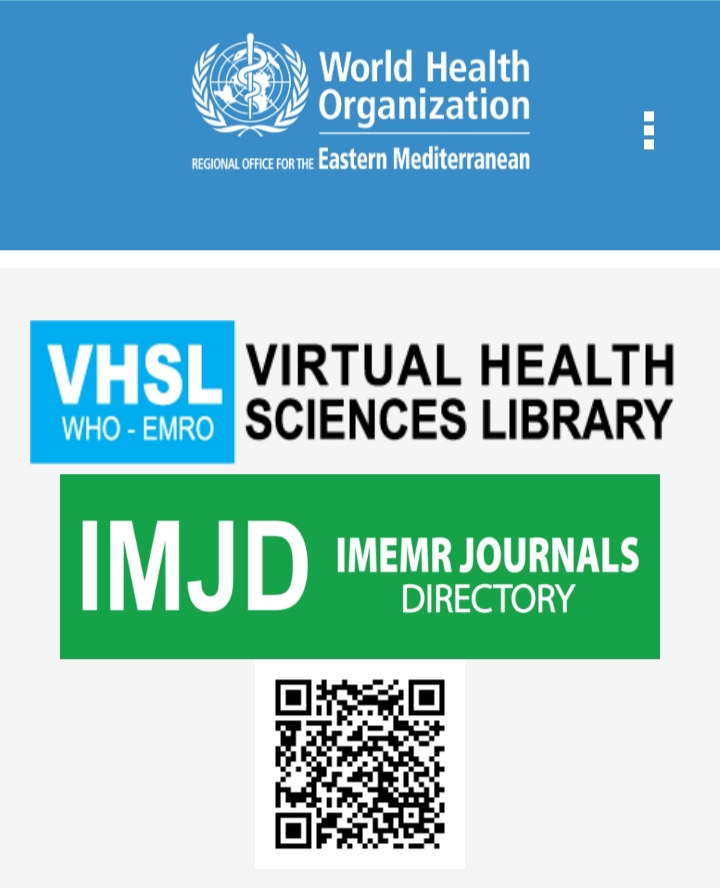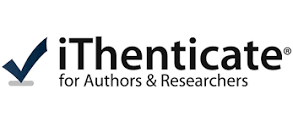Conflicts of Interest (COIs), also known as 'competing interests,' arise when external factors could reasonably be seen to influence the impartiality or objectivity of research or its evaluation. This can occur at any stage of the research process, including during experimentation, manuscript preparation, or the transition to a published article.
In case of uncertainty, it is important to disclose potential conflicts of interest or consult with the editorial office. Failure to disclose interests may result in sanctions, and submissions with undisclosed conflicts that later come to light may be rejected. Published articles might need re-evaluation, corrections, or even retraction in serious cases.
While conflicts of interest don't necessarily prevent work from being published or involvement in the review process, they must be declared. A clear declaration of all potential conflicts, regardless of their actual influence, enables informed decision-making by others involved in the work and its assessment.
Post-publication discovery of conflicts of interest can be problematic for authors, editors, and the journal, possibly necessitating corrections or a review process reassessment.
Conflicts of interest encompass various areas, including:
- Financial interests such as funding, payments, or services related to the research topic
- Affiliations with organizations having an interest in the research outcome
- Intellectual property ownership, like patents or trademarks
- Personal relationships, including family and close connections
- Ideological beliefs or activism relevant to the research
- Academic connections, including competitors or those critiquing the work
For authors,
All potential conflicts of interest (competing interests) that could have a direct or indirect influence on the work must be disclosed by the authors. Even if an author does not have a conflict, disclosing affiliations and interests allows for a more comprehensive and open approach, which leads to a more accurate and objective evaluation of the work. Conflicts of interest, whether genuine or imagined, are a perspective to which the readers are entitled.
The publication of a conflict statement in the article itself, as well as the submission of the conflict disclosure form, is required for all types of papers. It is not necessarily the case that a monetary relationship with examination support or funding for counseling work is inappropriate. Even if the authors do not have any conflict of interest, they still need to provide a confirmation statement in their manuscripts, i.e., “The author(s) confirm(s) that there is no conflict of interest related to the manuscript.”
Authors must disclose any recent funding, including article processing charges, and other payments or services that could influence the research. This information should be included in the funding statement.
The involvement of individuals not listed as authors but who have an interest in the research outcome or are affiliated with relevant organizations must be declared. These declarations are considered during the editorial and review processes.







